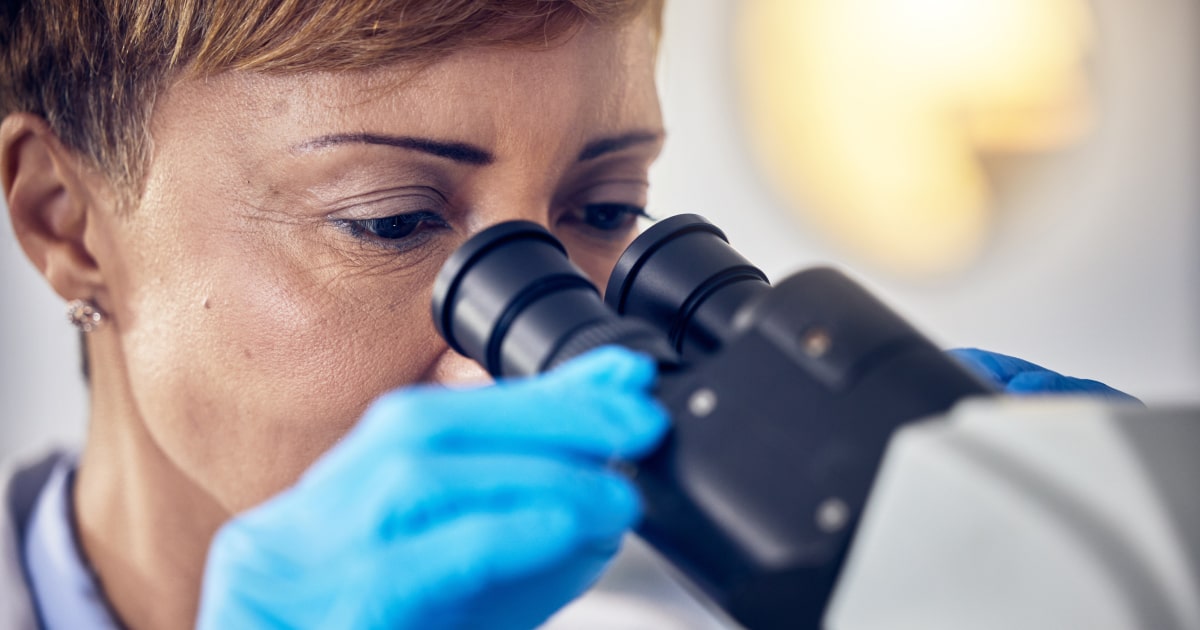
Expert Reviewed By: Dr. Brandon Colby MD
Hearing loss is a prevalent condition affecting millions worldwide, with genetic factors playing a significant role in many cases. Among these genetic conditions is Autosomal Recessive Nonsyndromic Hearing Loss 76 (ARNSHL76), a disorder that has recently been linked to mutations in the PKHD1L1 gene. This article delves into the importance of genetic testing in diagnosing and understanding this specific type of hearing loss.
The Genetic Underpinnings of ARNSHL76
ARNSHL76 is a form of hearing loss that does not present with other syndromic features, making it challenging to diagnose without genetic insights. Recent research has highlighted the PKHD1L1 gene as a significant contributor to this condition. Through comprehensive genetic and functional analyses, scientists have demonstrated the pathogenicity of PKHD1L1 mutations in humans, as well as in animal models like mice and zebrafish.
Genetic Testing: A Diagnostic Tool
Genetic testing is a powerful tool that can provide definitive diagnoses for conditions like ARNSHL76. By sequencing the PKHD1L1 gene, healthcare providers can identify mutations that may be responsible for hearing loss. This not only aids in confirming the diagnosis but also helps in differentiating ARNSHL76 from other forms of hearing loss that may have different genetic causes.
Predictive Insights and Family Planning
For families with a history of ARNSHL76, genetic testing offers predictive insights that can be invaluable for family planning. By understanding the hereditary nature of this condition, parents can assess the risk of passing the disorder to their offspring. This information empowers families to make informed decisions and prepare for potential outcomes.
Personalized Treatment and Management
While there is currently no cure for ARNSHL76, genetic testing can play a crucial role in developing personalized treatment and management plans. Knowing the specific genetic mutation involved can guide healthcare providers in tailoring interventions that address the unique needs of each patient. This personalized approach can improve the quality of life for those affected by the condition.
Research and Therapeutic Development
Genetic testing not only benefits individuals but also contributes to broader scientific research. By identifying and studying the genetic mutations associated with ARNSHL76, researchers can explore potential therapeutic targets. This could eventually lead to the development of gene therapies or other innovative treatments that address the root causes of the condition.
Conclusion
Autosomal Recessive Nonsyndromic Hearing Loss 76 is a genetic condition that underscores the importance of genetic testing in modern medicine. By providing insights into the specific mutations involved, genetic testing facilitates accurate diagnoses, informed family planning, personalized treatment, and advances in research. As our understanding of genetic contributions to hearing loss continues to evolve, the role of genetic testing will undoubtedly become even more critical in managing and potentially curing conditions like ARNSHL76.
For further reading, please refer to the study that identifies PKHD1L1 gene mutations as a cause of ARNSHL76: Link to Study
About The Expert Reviewer
Dr. Brandon Colby MD is a US physician specializing in the personalized prevention of disease through the use of genomic technologies. He’s an expert in genetic testing, genetic analysis, and precision medicine. Dr. Colby is also the Founder of and the author of Outsmart Your Genes.
Dr. Colby holds an MD from the Mount Sinai School of Medicine, an MBA from Stanford University’s Graduate School of Business, and a degree in Genetics with Honors from the University of Michigan. He is an Affiliate Specialist of the American College of Medical Genetics and Genomics (ACMG), an Associate of the American College of Preventive Medicine (ACPM), and a member of the National Society of Genetic Counselors (NSGC)